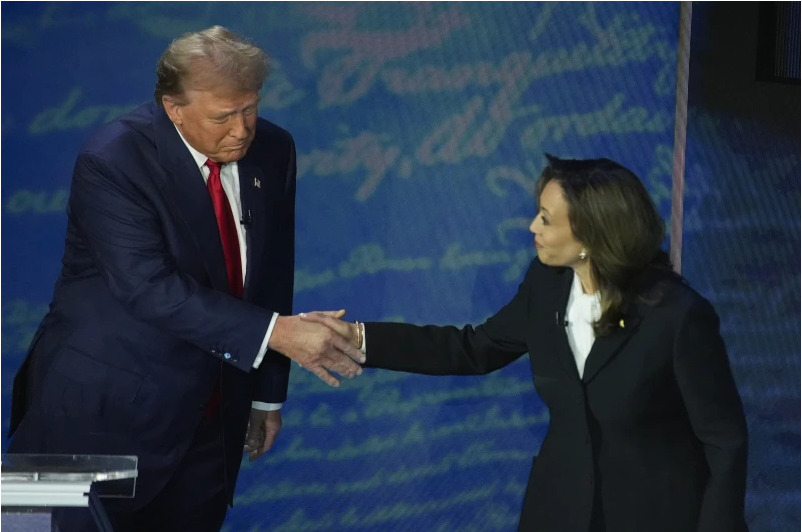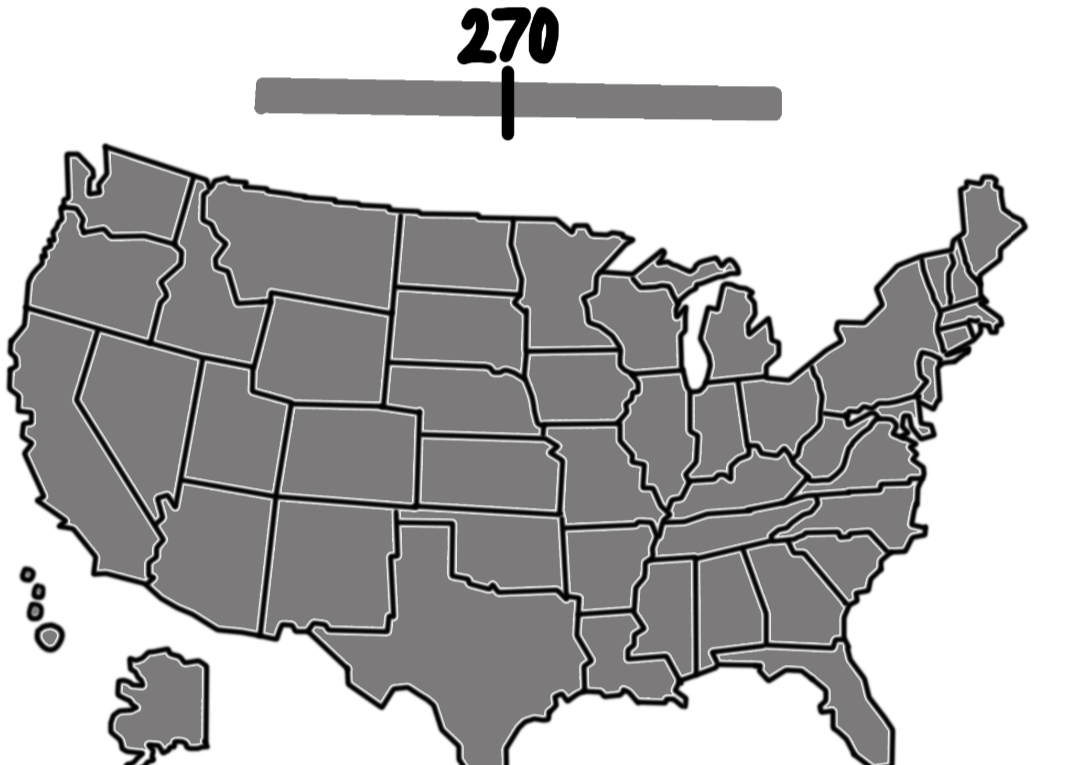Goodwill is a well-known shopping destination for many: whether you’re on a tight budget or just seeking some thrifty finds. Goodwill essentially operates on charity– others donate unwanted, used items, which the organization sells to customers for purchase at low prices. The company also provides job training, work opportunities in their many stores around the country, and other community based programs for those with disabilities. But, can there be downsides to this seemingly reputable non-profit organization?
Let’s take a look inside disturbing truth about Goodwill Industries International Inc.
Goodwill Industries was recently accused of exploiting their disabled employees, paying them as little as twenty cents an hour, while top executives for Goodwill receive almost half a million dollars in compensation each year. Following this accusation, Goodwill has been under the public media microscope. Thus, we civilians have been forced to question the intentions of Goodwill.
Since the Fair Labor Standard Act was passed in 1938, employers may apply for a special wage certificate, according to Section 14c. This allows employers to hire people with disabilities and pay them sub-minimum wages*. This act was intended to help employers save money, while giving people with disabilities a fair chance at obtaining steady, well-paying jobs. However, Goodwill Industries found a loophole in the act, and has used it to exploit their employees who have disabilities. The industry has been reported to exploit 7,300 of their 150,000 employees, paying them well under minimum wage. Following these accusations, several Goodwill representatives have made statements defending the industry. Brad Turner-Little, the Director of Mission Strategy at Goodwill International, Inc., defended Goodwill’s use of the special wage certificates, saying that they were “tools” to help the disabled*. The non-profit has also claimed that the use of these certificates was to save the company money*.
But money hardly seems to be an issue for the industry: Goodwill accepts millions of dollars in government funds, and has operations all over the United States, Canada, and in fourteen other countries worldwide. With this in mind, it’s exceptionally difficult to argue that the non-profit is experiencing financial troubles*. Goodwill is also able to pay their top executives well. In 2010, the non-profit paid its president and CEO James Gibbons more than half a million dollars in compensation. When looking at some Florida and California-based Goodwill organizations, it was discovered that though they paid some of their employees less than minimum wage, they were paying their top executives $200,000 to $500,000 dollars*.
This is not the first time the reputation of the non-profit was questioned. In 2011, a former Goodwill executive was sentenced to seventy months in prison for embezzling one million dollars from MERS/ Missouri Goodwill Industries Inc.*.
So why is this organization that is supposed to help communities exploiting its employees? It ultimately comes down to corporate greed. Like many other corporations and businesses, it seems that Goodwill Industries is in it for the monetary gain and is not actually looking to help less fortunate communities or the disables. Fortunately, work is being done to stop Goodwill’s exploitation of its employees. Rep. Cliff Stearns of Florida has introduced H.R. 3086, the Fair Wages Act, to stop the use of special wage certificates*. If you feel strongly about Goodwill’s exploitation of its employees you can learn more about Rep. Stearns’ bill and help the bill get passed by contacting your local representatives and urging them to support it. You can also boycott Goodwill in your community.
*All facts come from the Huffington Post’s article “Goodwill’s Charity Racket: CEOs Earn Top-Dollar, Workers Paid Less Than Minimum Wage” by John Hrabe, and www.goodwill.org
















































